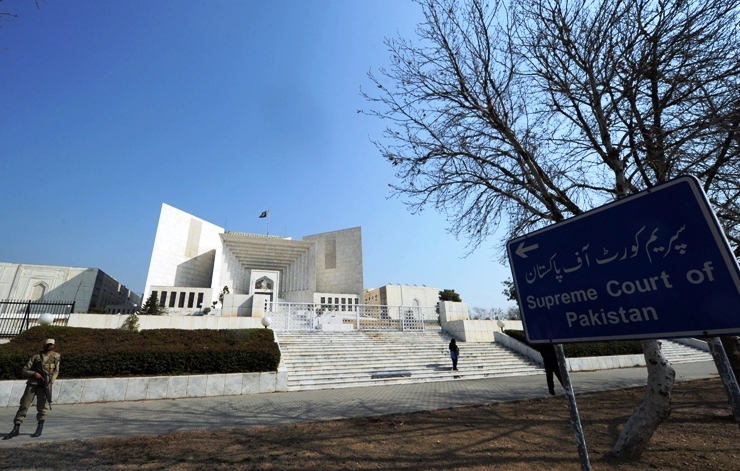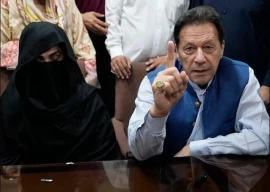
Announcing its judgment in a suo motu case regarding the unprecedented increase in power outages and skyrocketing prices of petroleum products, the court directed Ogra to issue a revised notification within seven days to recover only 16% or 17% in sales tax.
The three-judge bench called for prices to be fixed in line with prevailing international market rates and directed authorities to provide uninterrupted electricity supply on an equitable basis. “However, if load-shedding is the only way out, it must be administered without having [any] distinction between rural and urban areas as well as domestic, commercial and industrial sectors,” read the verdict.
“The extra sales tax shall be deposited by the Federal Board of Revenue within three months in the manner as was directed in the judgment and the matter shall be fixed before the court for issuing guidelines for its disbursement,” the court observed.
Pinning responsibility on National Electric Power Regulatory Authority (Nepra) and Pakistan Electric Power Company (Pepco) for reducing prices, it ordered them to ensure that power is generated through less-expensive resources.
The bench -- headed by Chief Justice Iftikhar Muhammad Chaudhry – stressed that renewable sources for generating electricity must be utilised.
The apex court also declared the additional 9% tax on Compressed Natural Gas (CNG) illegal and directed FBR to deposit additional tax within three months. The federal government has no lawful authority to impose or recover GST on CNG at a rate of 26%, it maintained.
“As far as subsection 8 of Section 3 of the Sales Tax Act, 1990, is concerned, it is contrary to law and the Constitution [...] Therefore, levy of extra tax at 9 per cent cannot be charged. Moreover, the same directions and the ratio of the June 21, 2013 judgment of Iqbal Zafar Jhagra v. Federation of Pakistan (2013 SCMR 1337), shall be applicable in this case”, the court ruled.
An exercise has also been undertaken to inquire into the grant of licences to various CNG stations. The licences are issued prima facie and without due authorisation, the court observed. The bench announced that the case would be taken up later along with another case.
Directing for subsidised gas to be supplied to fertiliser companies, the court ruled that captive power plants cannot be supplied gas to produce electricity as they already supply power at a higher than the NEPRA’s. The supply of gas to captive power plants should be revised to a lower priority and not at a subsidised rate, it added.
The subsidy already being given to them should not have been withdrawn and the government, being responsible for the welfare of the people, may consider increasing the rate of subsidy by extending its benefits to the consumers.
It was stressed that under Article 38 of the Constitution, the federation is bound to secure the well-being of the people by raising their standard of living.
Published in The Express Tribune, December 11th, 2013.
COMMENTS (1)
Comments are moderated and generally will be posted if they are on-topic and not abusive.
For more information, please see our Comments FAQ

















The mental age of the candidates should be a qualifying factor for a lawyer to become a judge.